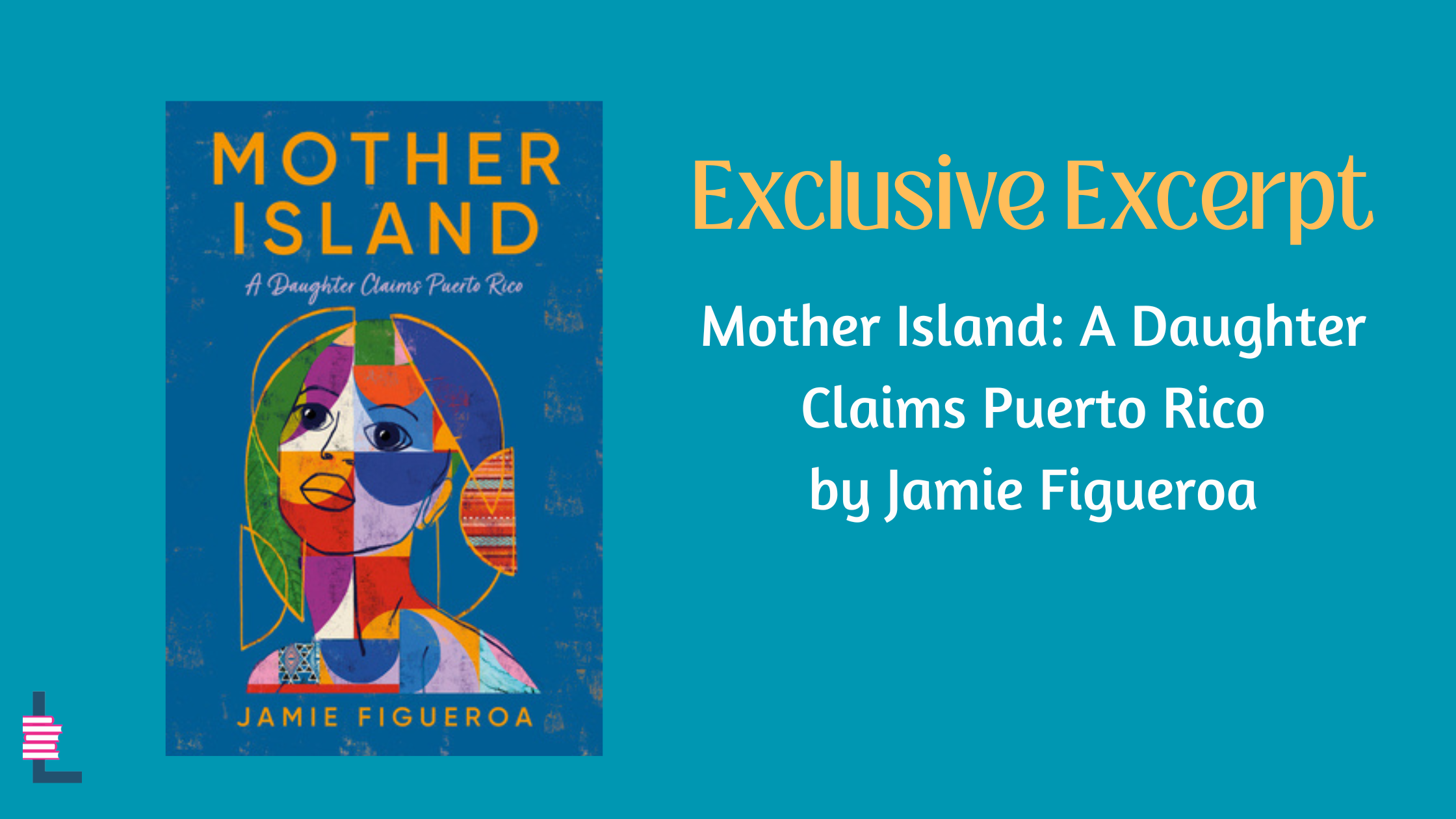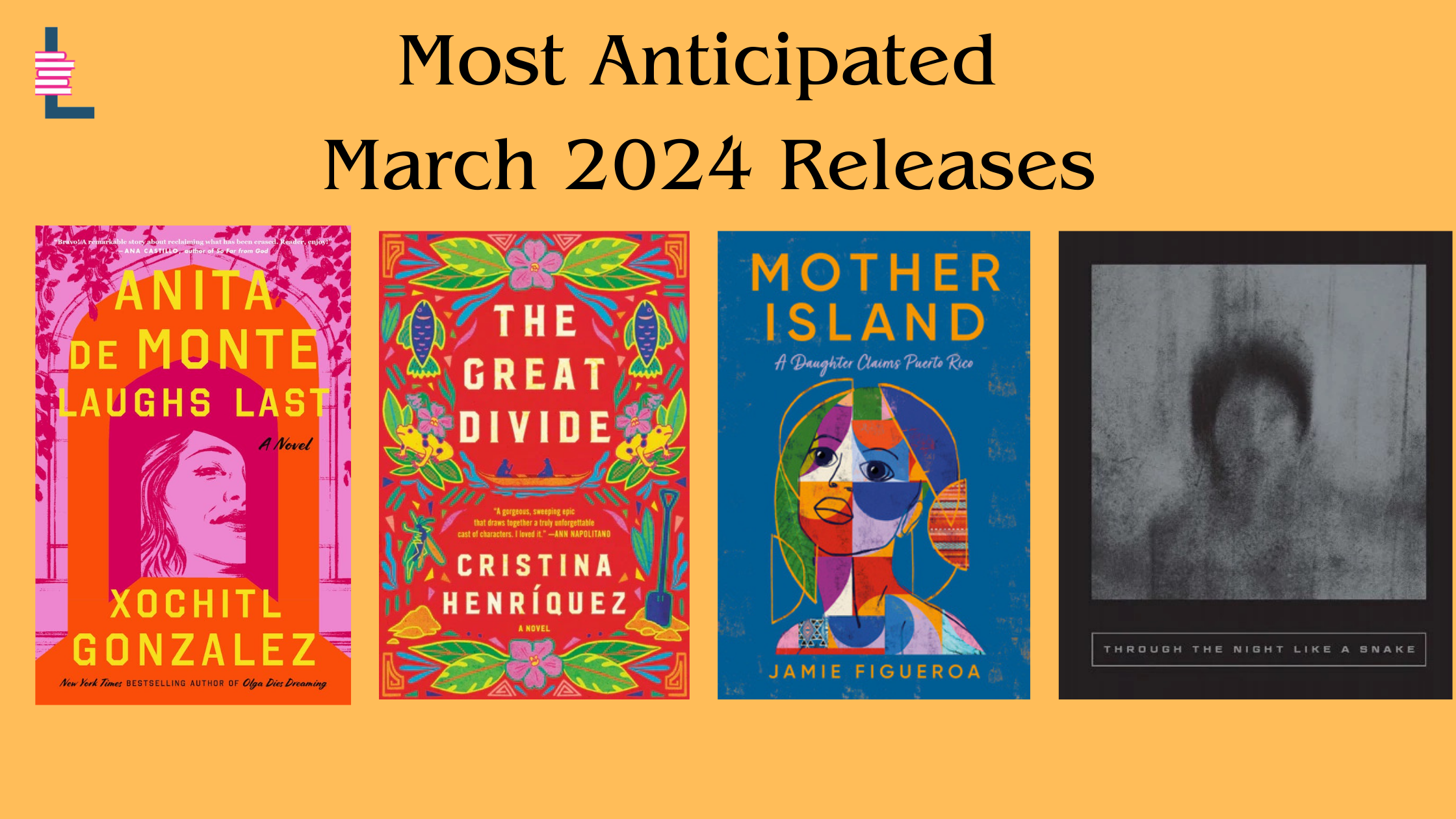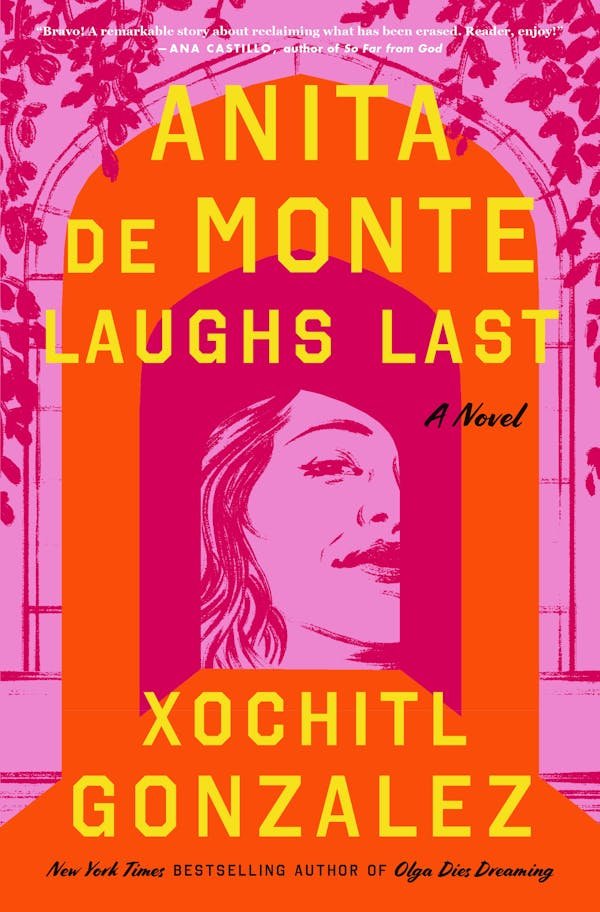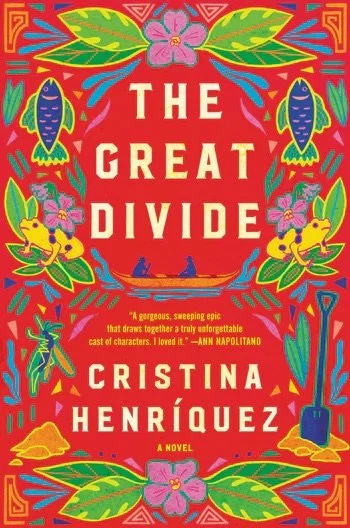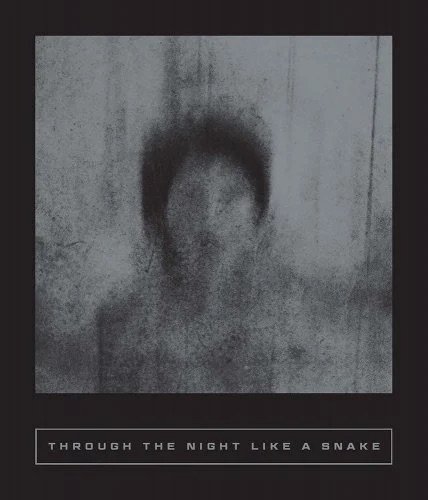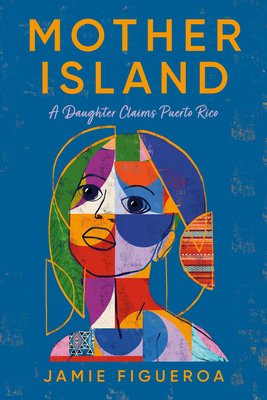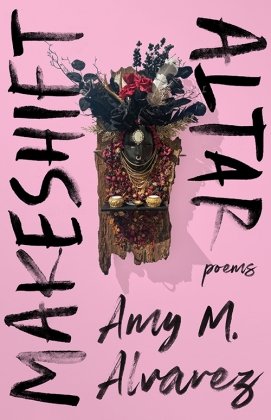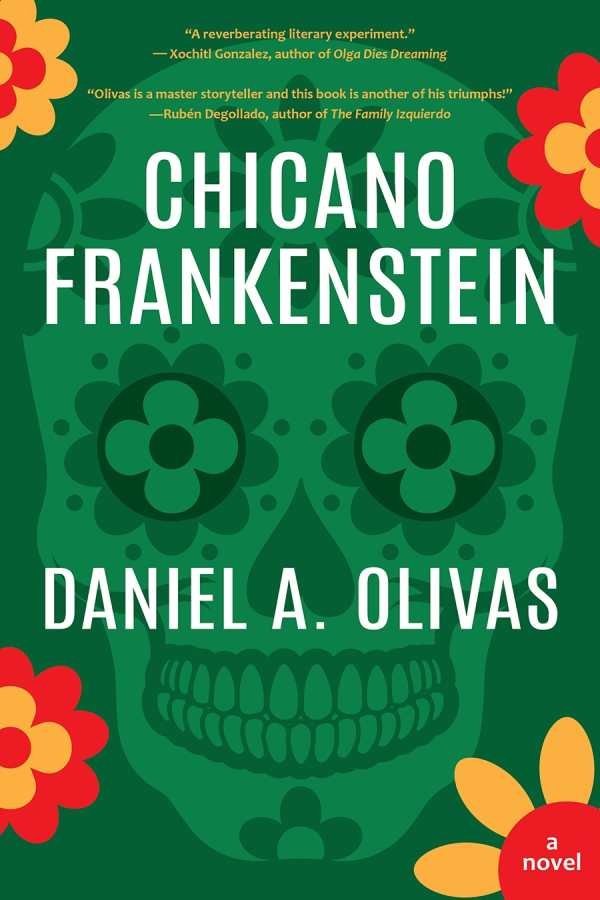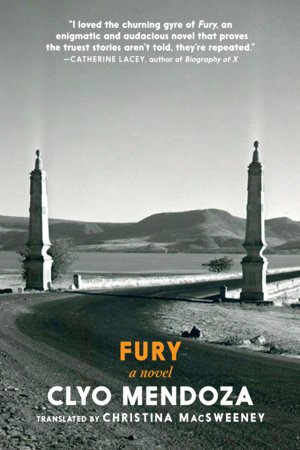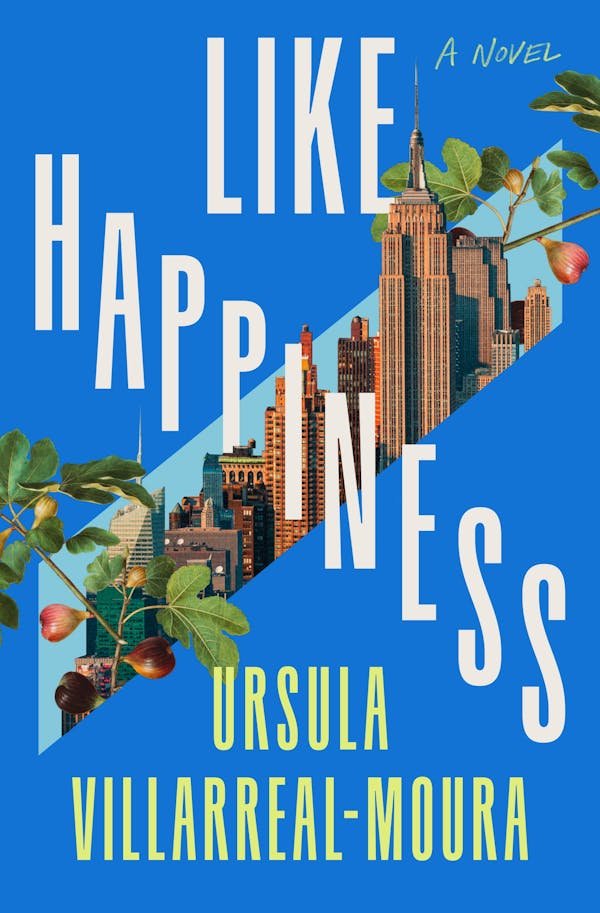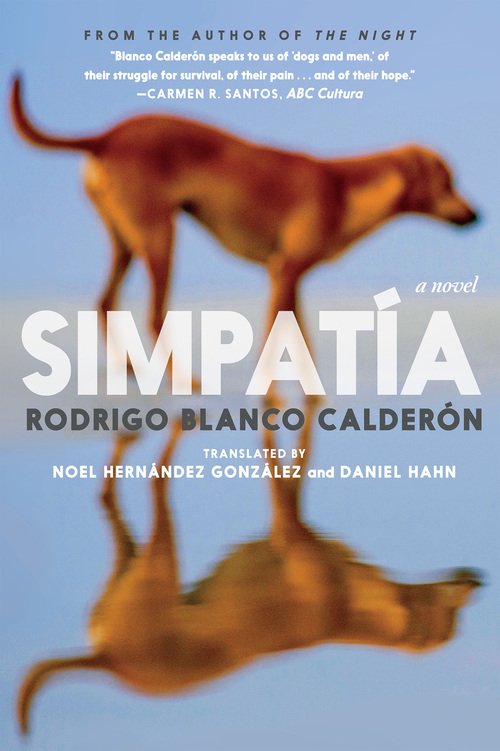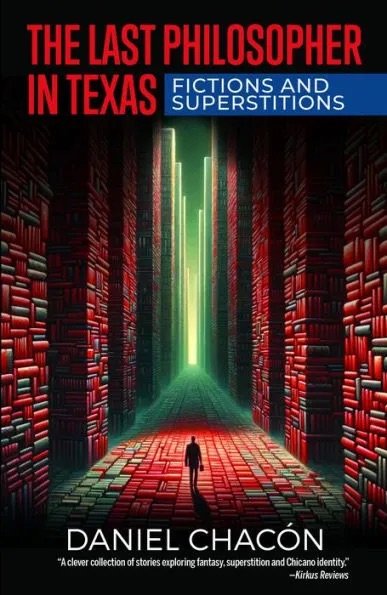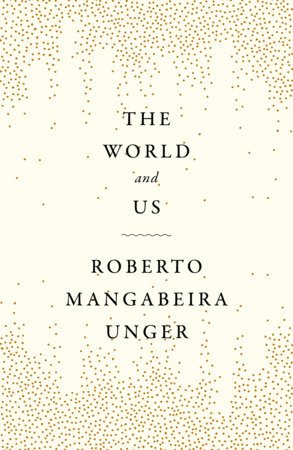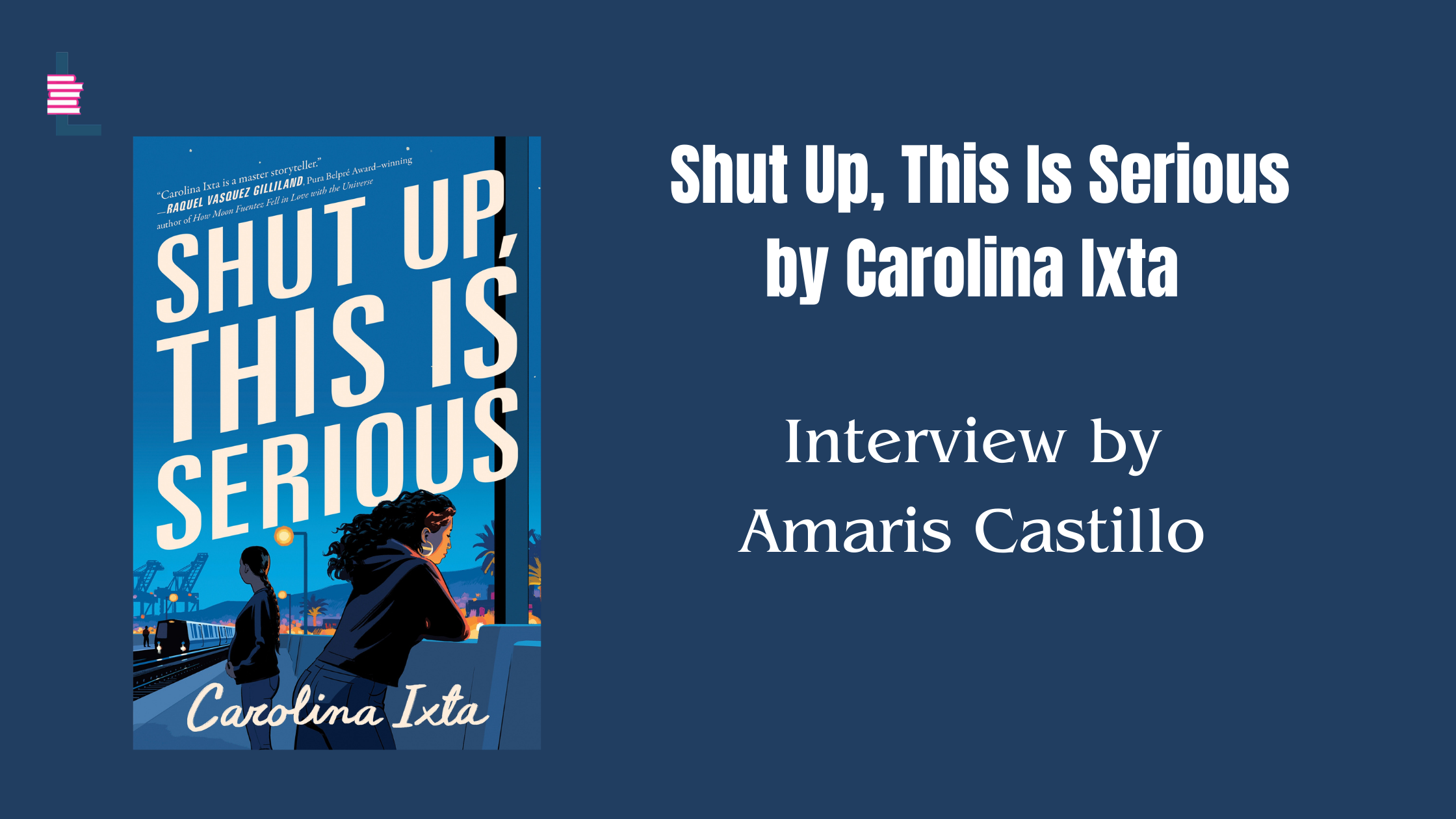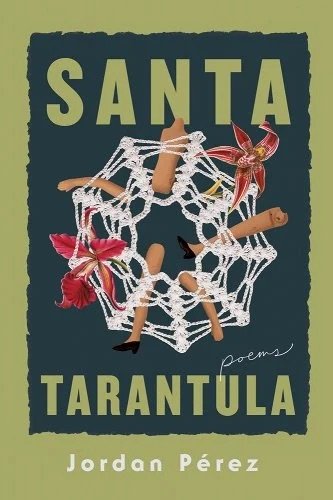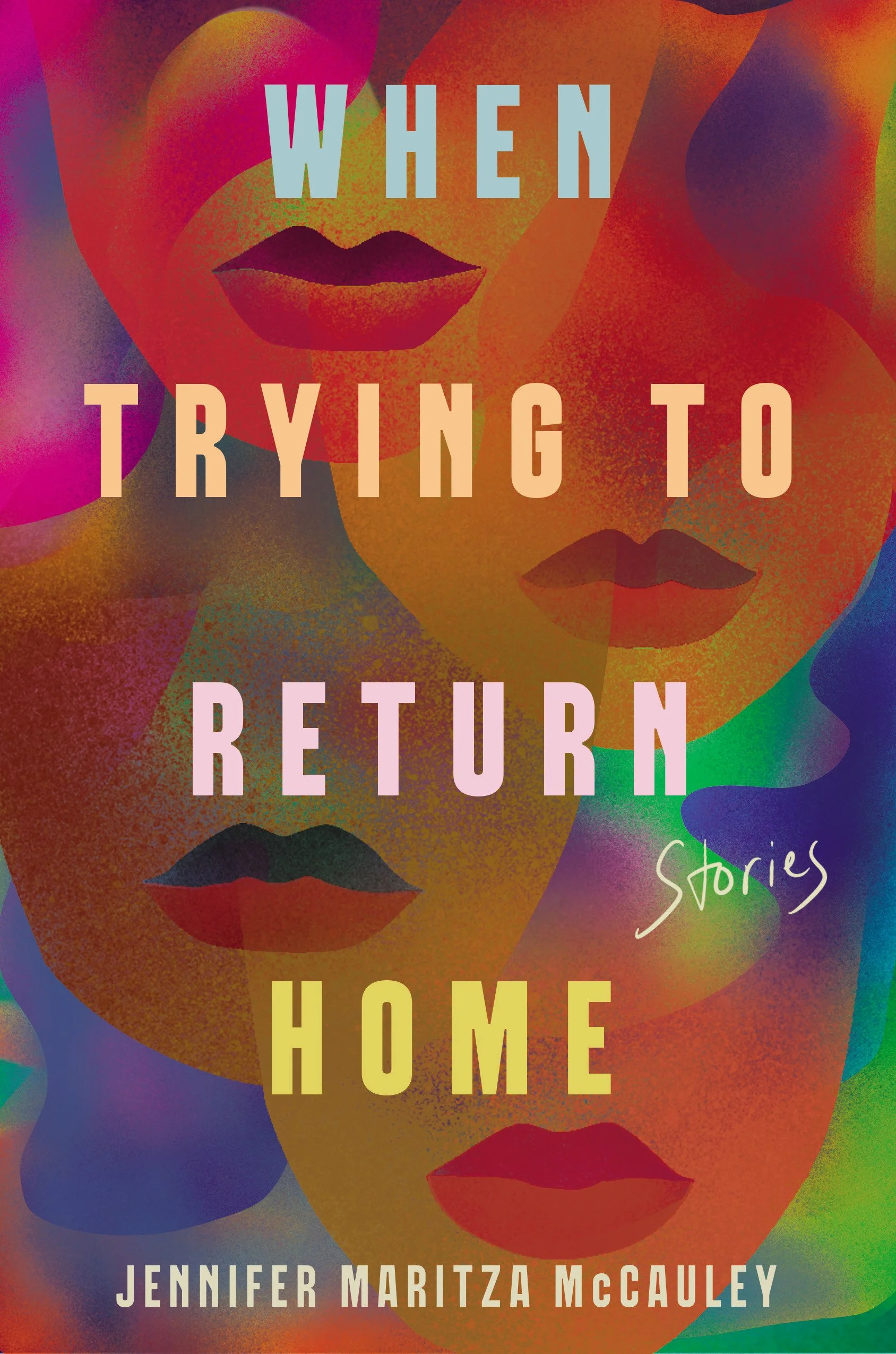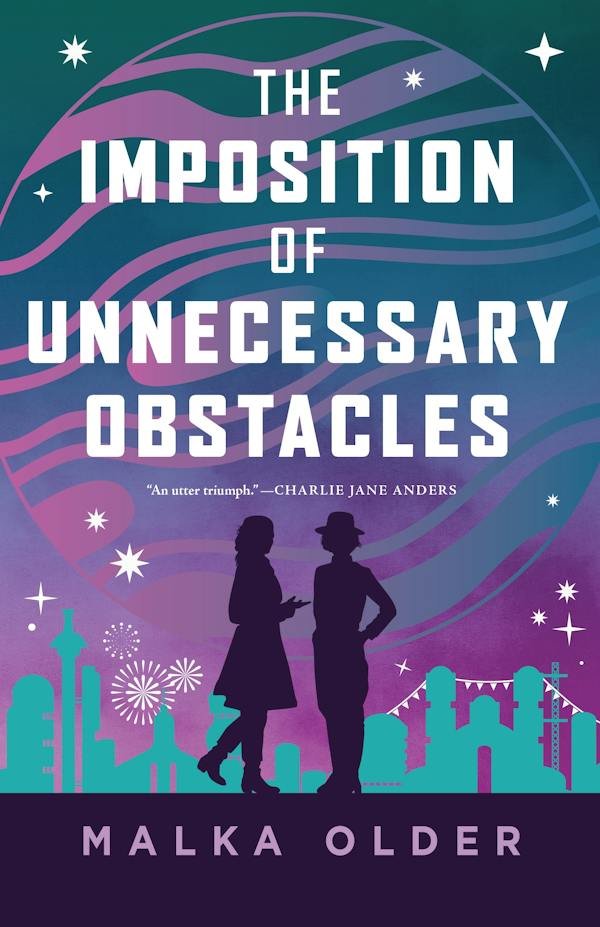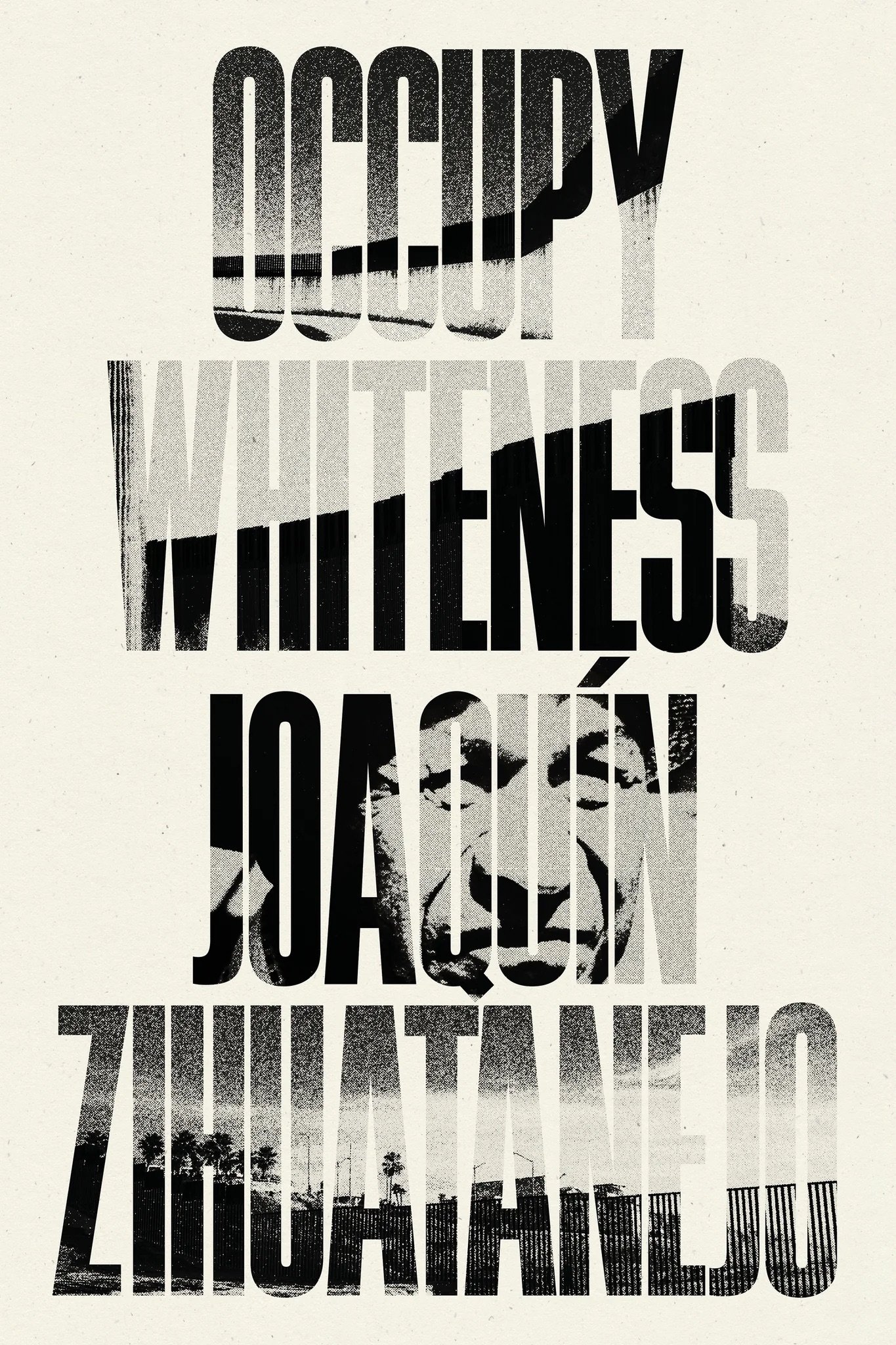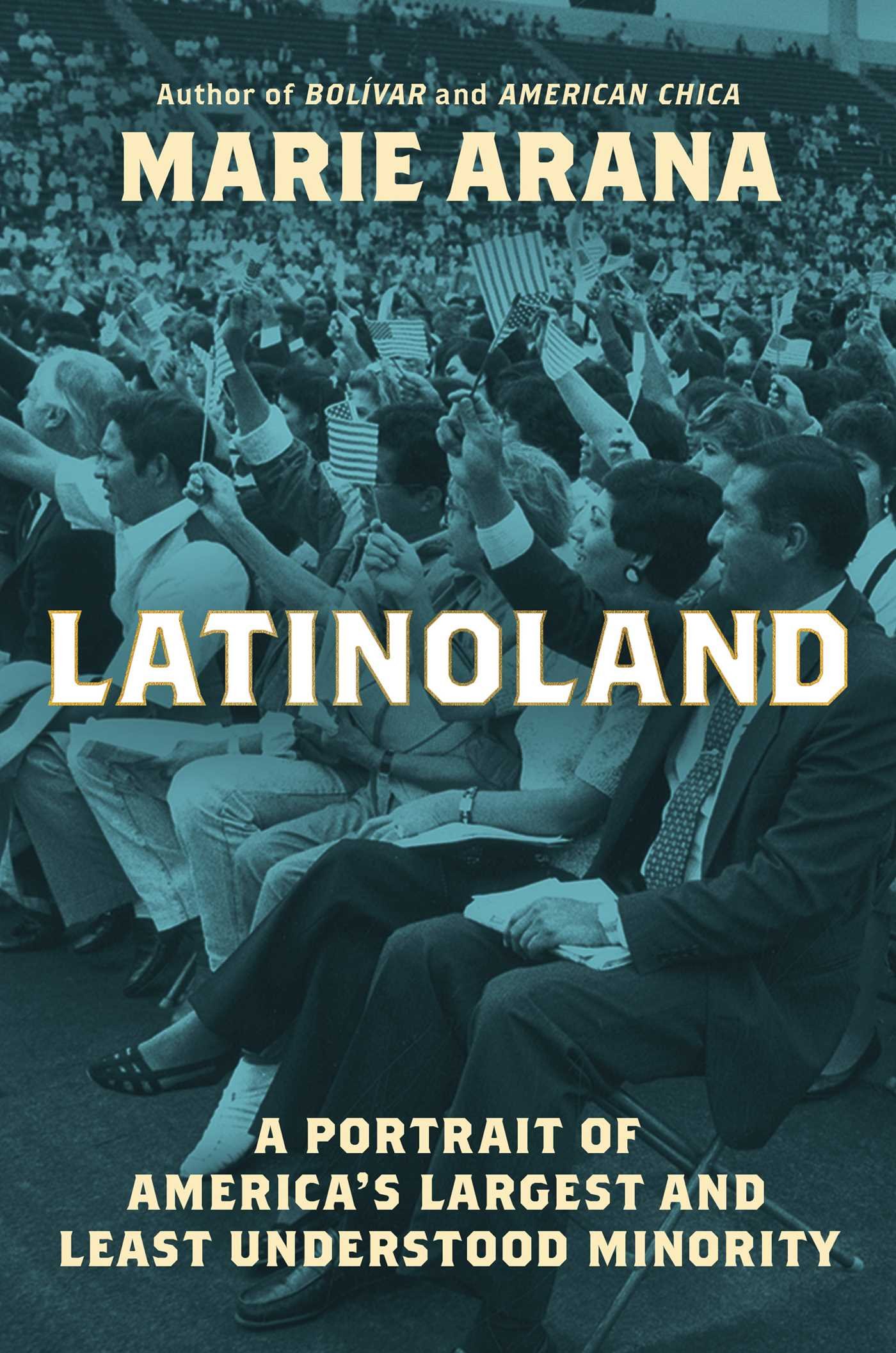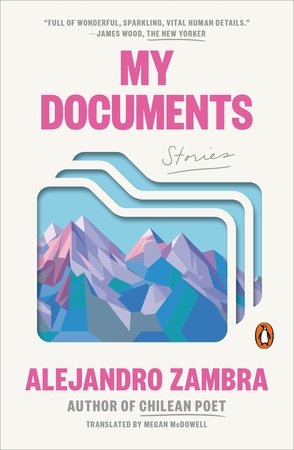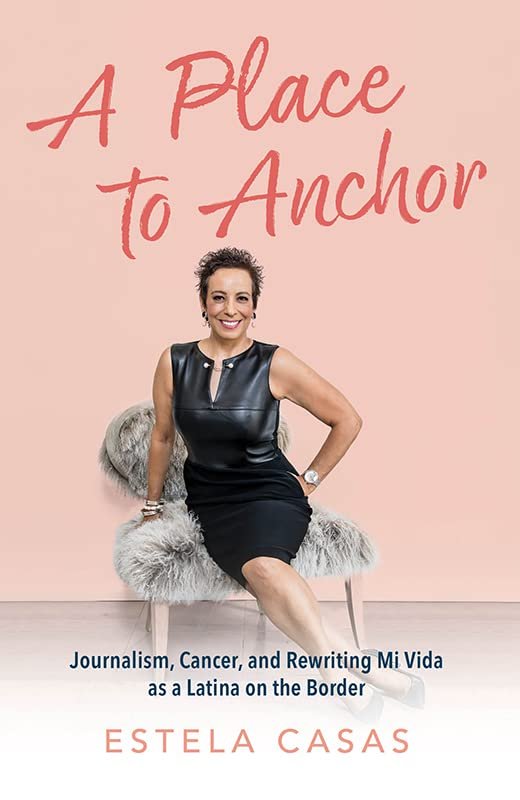Latinx in Publishing is pleased to share an exclusive excerpt from Jamie Figueroa’s forthcoming memoir Mother Island: A Daughter Claims Puerto Rico publishing March 19th from Pantheon Books. Read on for a glimpse of this highly anticipated book!
In my late twenties, during my saturn return—when, according to astrology, the transition into adulthood is fully realized—I moved to Santa Fe, New Mexico, a place I’d been regularly visiting for nearly eight years. I rented a room in the home of an elderly woman, a divorcée from Texas. Her eastside condo faced north. Floor-to-ceiling windows showcased Mount Baldy at an intimate distance, relaxed in its pose. I beheld it every day and imagined it beholding me as well. It was a kind of worship, meditation, communion.
I found work at an internationally renowned spa where a hierarchy of massage therapists crowded the schedule months in advance, leaving hours available only by subbing shifts. As I waited for bookings, I slow-walked; I stood; I stared at the mountain, the hills, the sky, and the vast distances where other mountains and mesas seemed temporarily paused in their own great ongoing transformation. I used this as tangible evidence of beauty, of stability, of possibility.
There was no money for such a relocation. I’d borrowed what I could. My credit cards were maxed out after a recent divorce, and I had no savings, so I stayed to the trails, to the generosity, acceptance, and inclusion of Mother Earth/Mother Nature.
Mountains, mesas, piñons, ponderosa pines, pine, juniper, cedar, chamisa, cholla, prickly pear, sage. Whispers of water called river. The way that water whispers. Female rain. Coyotes, bears, snakes, wild cats, wild horses. Sky. All of this and more rearranged my reality. It was an external and an internal experience. Because of this, I could soften and strengthen simultaneously. A teaching from the mountain, as if it were an eternal mother.
These shared, free, public lands evoked a similar sensation to the one I cultivated in my notebook. I was disoriented and overcome with vulnerability. Everything I did and said seemed awkward to me. I was unfamiliar to myself in this new home.
I held to my pen, translated my details into language. Maps of Puerto Rico, Ohio, and New Mexico were taped to my bedroom wall. After printing them, I traced each border with my fingers, tried to understand how these shapes had shaped me. My triptych of un/belonging. Puerto Rico, the Island of Enchantment. New Mexico, the Land of Enchantment. And there in between, Ohio, where I had grown up—its state border resembling a crude heart, a bridge that I spent my younger years crossing.
If only I could get my coordinates right. I wished locating myself were as easy as looking at these maps.
As I shed my experience as a tourist and transformed into a resident, I considered how to introduce myself—what stories I wanted to share and how I would present them. Most other transplants assumed I was Nuyorican. (I did not confess that I’d been to New York City only once, for a few hours as a child, while visiting my tío’s family in a New Jersey suburb. The lively alleyways, yellow taxicabs, mounds of trash, and buildings rising endlessly above me as if into and beyond the sky were my singular tangible and daunting memory.) Santa Fe locals spoke to me first in Spanish.
New Mexico was not Ohio, obviously and thankfully. Neck tattoos of brown power were not uncommon, most public places were bilingual, checkout ladies at the grocery store and in government offices called me “mi’ja,” the closest I’d ever come to my mother’s “mi’jita.” No one asked me what I was. Occasionally, I was asked where I or my people were from, not as an interrogation, or to single out and exclude, but as an invitation, to welcome and include.
The white body supremacy of the Midwest, polite but persistent racism, and the confines of small-town culture dissolved. There was more room to explore my own identity. To coax out what I had banished to the corners for fear of being unsafe. This is how it was for me, a mixed-race woman of color, who had tried to mimic whiteness as my mother had. I constantly had to wave my white flag of surrender at what and who oppressed me, as if to say, Please, have mercy. I will not be a threat to you.
Liberated from Ohio, and the conditioning of my submissive youth, I set out to try to understand and claim what colonization had stolen from my family, from me, what it continued to steal. If I was not hiding, who was I? If I was not adapting to what was acceptable to those who couldn’t even truly see me to begin with, who could I become? When you pull out the weeds of colonization, how do you tend to what’s always been there, growing, albeit concealed?
These were the questions that continued to remake and reshape me. After a fifteen-year break from academia, I finished my education at a tribal college, the Institute of American Indian Arts. That is where these questions were seeded, germinated, and took root. I also “returned” forthe first time to my family’s homeland, the island of Puerto Rico. Called Borikén by the original people, the Taíno, who are my ancestors.
***
In my memory, it was exactly like this:
My mother and my two older sisters lie on a nubbly yellow felt blanket in the grass. The top edge is lined in unraveling satin. Kneeling behind my mother, I study her and my teenage sisters. Their arms and legs are longer than anything I have yet to experience—potential and self-possession outstretched—and browning darker by the moment.
I hold a small lined notebook in my left hand. The pencil I use is dull; the soft, blunt lead digs into the spaces between the blue lines. On this first page, I am careful to make the stems of the h’s and d’s tall. Careful to hook the g in the right direction. I can write a handful of two- and three-letter words. The spiral on the side of the notebook glints, catching the sun as the wire coil shifts in response to the pressure of my writing. Creativity moves naturally from the center of my being down my right arm and through my hand with each carefully crafted letter. At six years old, I compose my first poem.
Uninterrupted by trees, the backyard is vast. It rolls into one neighbor’s lawn and then another as far as can be seen. Tufts of dandelions in full bloom, and in post-blossom puff, constellate the grass. Prince plays from a small speaker lodged in one of the upstairs windows. We shriek and call out with our passionate imitations as he cries, “Purple rain.” The back of the split-level seems to turn away from us, more interested in the road and who might be passing by than in our emotional outburst. Awaiting its master, our mother’s new husband, as if some obedient pet. We have similarly adapted and learned to wait for commands in his presence.
It is early spring. The prior autumn, my mother, my sisters, and I had packed the contents of our government housing—a subsidized duplex—into large black trash bags and piled them into the family car, a two-door maroon Buick. We drove a few towns south from our neighborhood of Black and brown mothers and children adorned with beaded hair to move in with our mother’s new husband, whose home had too many empty rooms, since his own children were adults. Before this, all four of us had slept in one bed each night. My earliest memory of sleeping and dreaming was of being lodged between the bodies of a pair of older sisters, only sixteen months apart, and our mother. After we moved, I didn’t have the capacity to express the longing I felt for that bed, for the exclusive unit we were, a family of the feminine. A womb of our own containment and authority, safe. To be with this man in his house, each of us in our own room, my mother the farthest away she’d ever been, was a betrayal of what I had come to know and trust.
As daughters, we were no longer privileged. As the youngest, I was no longer preferred. There was a man now, a white man, with a white and silver tinseled beard and white T-shirts with tinted stains beneath his arms, and white cigarettes with endless plumes of white smoke snaking around him at the head of the table as he regaled us with endless stories from his shift at the Goodyear plant after every dinner.
He rearranged our hierarchy. My mother submitted. In my limited understanding, I was confused about how this had happened. I wanted it undone. But in the grass that day, on the blanket with my real family, each one of them stretched out, singing, laughing, radiating the comfort of the familiar, I was compelled to summon the sparse language that I possessed to capture what I belonged to and what belonged to me. Grass, flowers, trees, sun, laughter. Nearly all the words misspelled. A list more than a poem, as if art were an act of inventory, an exercise of naming. No matter. It was my moment: my mother, my sisters, my pencil, my paper. A celebration.
This was before we ran, never to return. Before the next man came along—one husband after another and all the boyfriends in between, traversing our lives, rearranging us as they came and went, scrambling the cohesion of our feminine collective.
***
How long did the pastor and his family take us in for when we left—was it a week, a month? I don’t remember how many times we moved. Canal Fulton, Bellefontaine, Plain City, Marysville. Mount Vernon, Delaware, East Liberty. And then there were the counties: Union, Morrow, Knox, Logan, Licking, Hocking. Thirty miles in all directions radiating from the intersection of Main and Maple. The fields sliced by long lines of unused, nameless railroad tracks. On two-lane county roads, clapboard houses leaned from their foundations as if preparing to pick up, at long last, and begin their migration, as if they were never from here either. In between the houses and pole barns, men’s briefs, socks, and undershirts—all white—and denim jeans of all sizes hung on clotheslines, stiff with the memory of their owner’s thighs and knees in the winter air. In these lands, the only darkness came with the skin of night. Rural Ohio. We would cross another county line to another Main Street, where semitrucks had worn grooves in the asphalt; where the drive-through liquor store was not far from the collection of churches; and, of course, where there were more fields—feed corn, soybeans—and cows in various group formations, as if painted boulders, the most uninterested of us all.
I don’t remember where I thought I was going when, at six years old, shortly before we ran, I put a pack of bubble gum, a photo of my mother, my nightgown, and two pairs of underwear into a brown paper sack and stomped out the front door. Perhaps I thought that I could find what I no longer had, that by leaving I could somehow go back to the place where I was still included in my own family—unquestioned belonging.
I did not manage to pull off my escape. My sisters ran after me, dragging me back to the house. Laughing and crying at my ridiculous choice of what to pack, at my courage and desperation. At our desperation. I would learn in the coming years to go missing in other ways.
I don’t remember the look on my mother’s face later that night when she returned from work, hours on her feet cutting hair, and they told her. Surely it was a terrible mix of hurt and other emotions too numerous to track, let alone name. The hurt that had been unleashed on her. The hurt she unleashed on me. The hurt I learned to return.
I don’t remember how many years I used that same kind of brown paper sack as a book bag. I don’t remember how many times I was asked, “What are you?” How many classroom windows I stared out of as if held hostage by a room full of people who did not look like me, aching for some semblance of the familiar, for something nourishing, to be claimed. The weapon of education was wielded, a highly edited history unquestioned, purposefully excluding me while demanding my subservience in return. Another kind of assault, of trauma, that of being invisible, of being silenced, of being rewarded/punished for loyalty or lack thereof to the sameness I was drowning in—soundlikelookliketalklikethinklikeactlike.
Used with permission from Pantheon Books, a division of Penguin Random House LLC. Copyright (c) Jamie Figueroa, 2024.
Jamie Figueroa is the author of the critically acclaimed novel Brother, Sister, Mother, Explorer (Catapult 2021), which was short-listed for the Reading the West Book Award and long-listed for the Center for Fiction First Novel Prize, was an Indie Next pick, a Good Morning America must-read book of the month, and was named a most anticipated debut of the year by Bustle, Electric Literature, The Millions, and Rumpus. A member of the faculty in the MFA Creative Writing program at the Institute of American Indian Arts, Figueroa has published writing in American Short Fiction, Emergence Magazine, Elle, McSweeney’s, Agni, The New York Times, and the Boston Review, among other publications. A Voices of Our Nations Arts Foundation (VONA) alum, she received a Truman Capote Award and was a Bread Loaf Rona Jaffe Scholar. Boricua (Afro-Taíno) by way of Ohio, Figueroa is a longtime resident of northern New Mexico.

